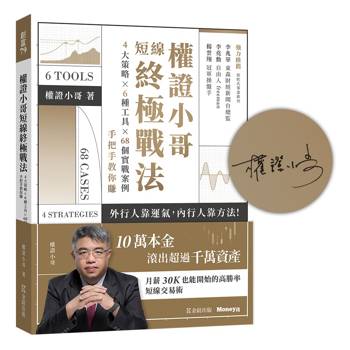Widely recognized as one of the greatest economists in history, there has been a surge of interest in the work of John Maynard Keynes since the financial crisis of 2008 with people looking for solutions to rebalance the economy. Presciently, Keynes argued that free markets are unable to fully organize economic activity and that the steadying and reforming hand of the State is needed for capitalism to function properly. In the aftermath of the financial crisis of 2008, exacerbated by a global pandemic, these ideas are more timely than ever.
This book provides an introduction to Keynes’ thoughts on capitalism, the State, and macroeconomics. It starts with Keynes’ epistemological theory of his A Treatise on Probability (1921), from which aspects such as uncertainty and the decision-making process, both later important in his economic work, can be drawn. The book then pursues Keynes’ economic writings. From A Tract on the Monetary Reform (1923) and A Treatise on Money (1930), it shows Keynes’ pursuit of a full understanding of the role of money in the economy. Keynes masterfully demonstrated the knowledge he gained through his 1936 masterpiece The General Theory of Employment, Interest and Money. Going beyond Keynes’ classic, this book also explores his later work on economic policy prescriptions and finally his concept of State and economic development.
This accessible introduction to the economic thought of Keynes will be essential reading for those interested in the history and development of economics, as well as political scientists, sociologists, historians, and others seeking an overview of these foundational economic ideas.












